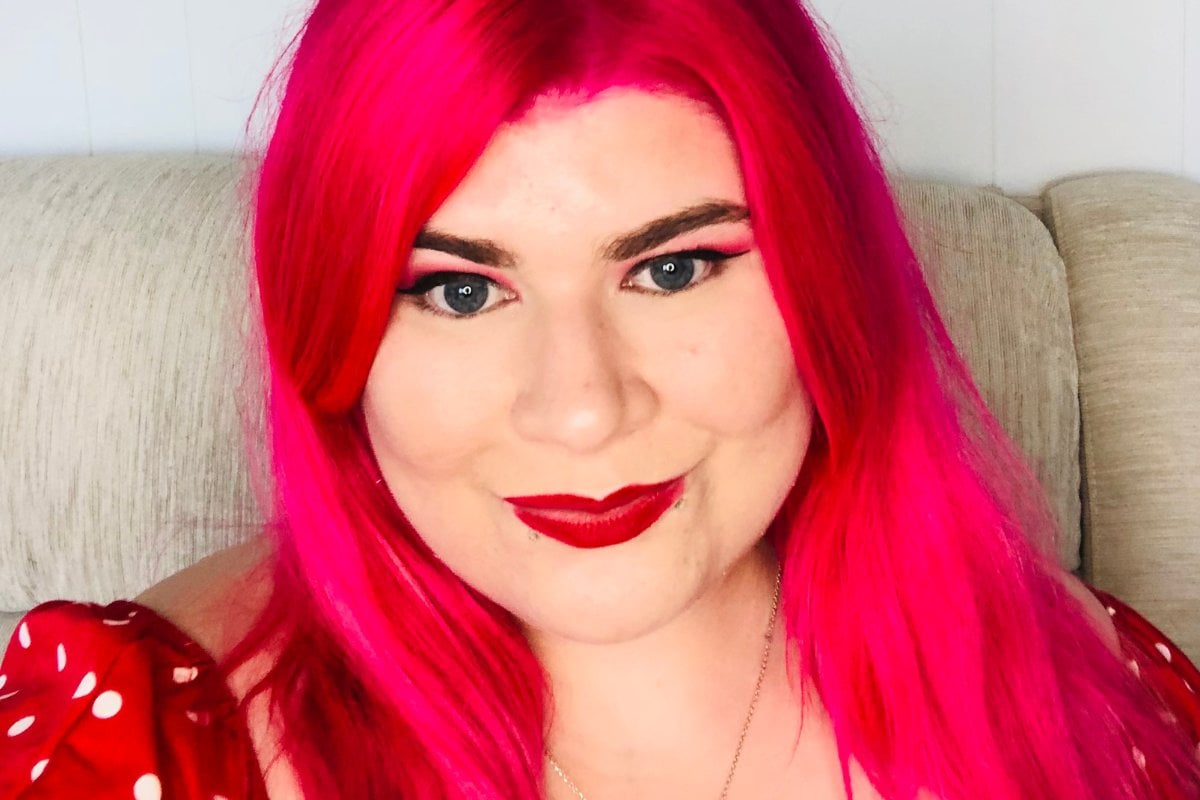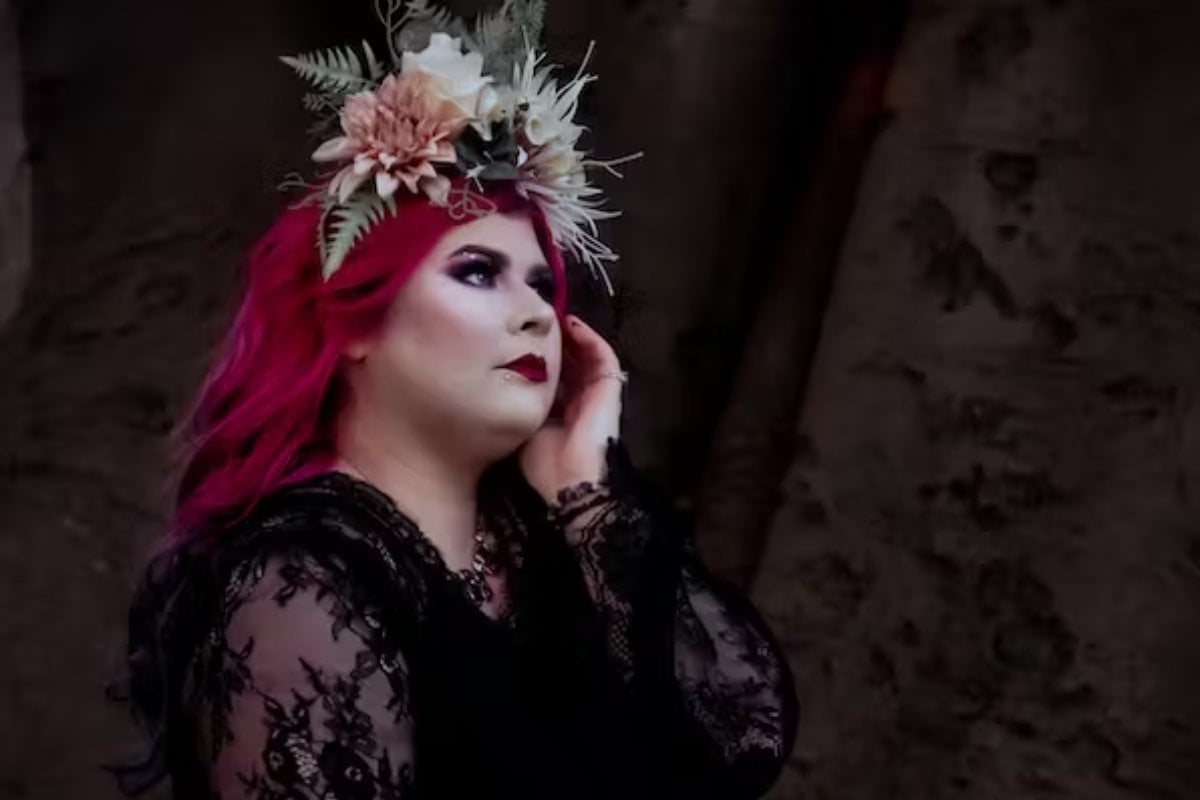
This article was originally published by Hireup.
When I was diagnosed with autism last year, at the age of 27, I was so incredibly happy. I’d spent my whole life feeling different – and autism finally gave me answers.
It was incredible to recognise this about myself, and all the ways being autistic impacted my life and the way I interacted with the world. It was even better to learn ways I could take care of myself – and celebrate my authentic self, without masking.
Autism for me is still such a joyful thing: but realising the way society perceives it has been a bit of a shock.
 Image: Emma Veness Photography.
Image: Emma Veness Photography.
